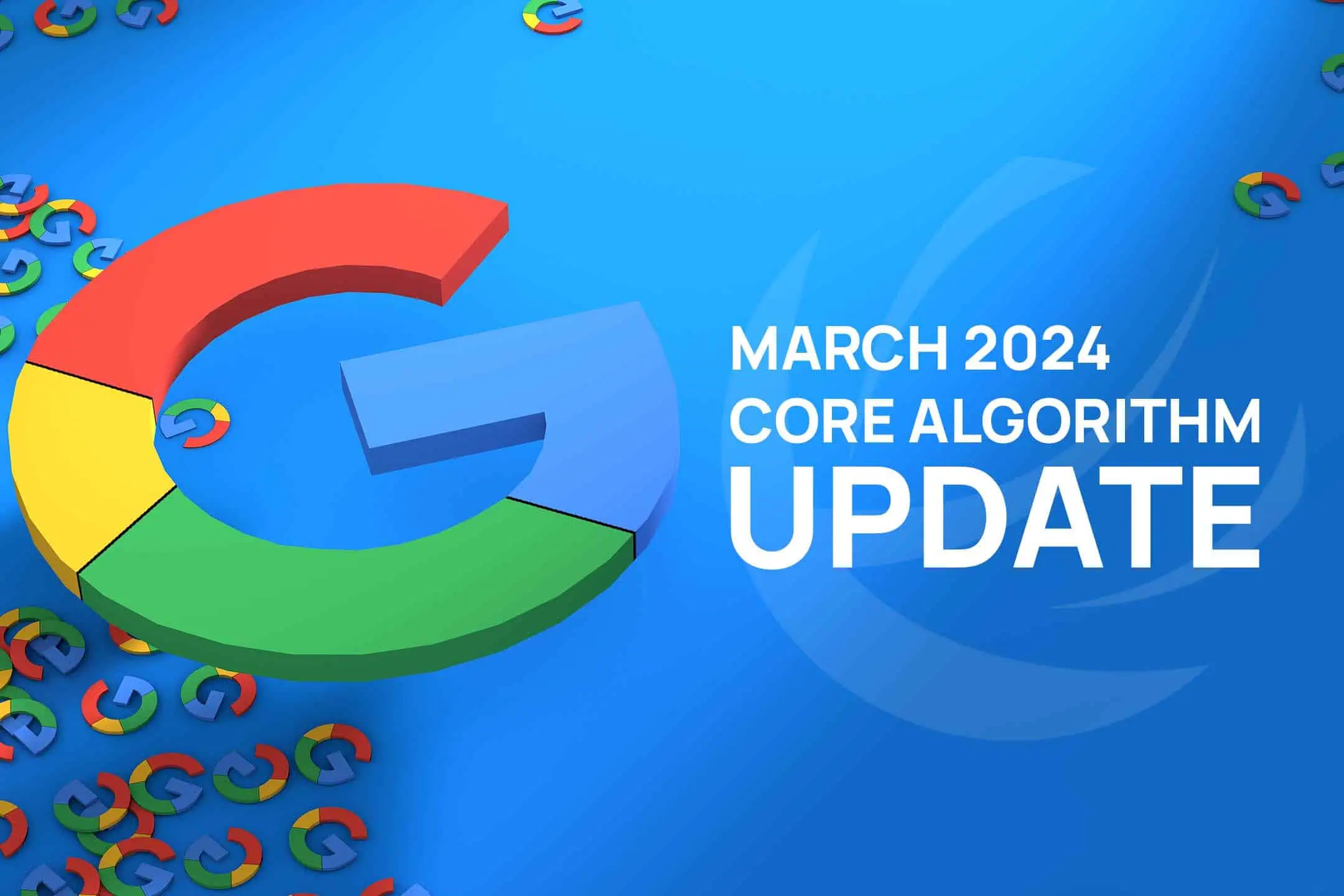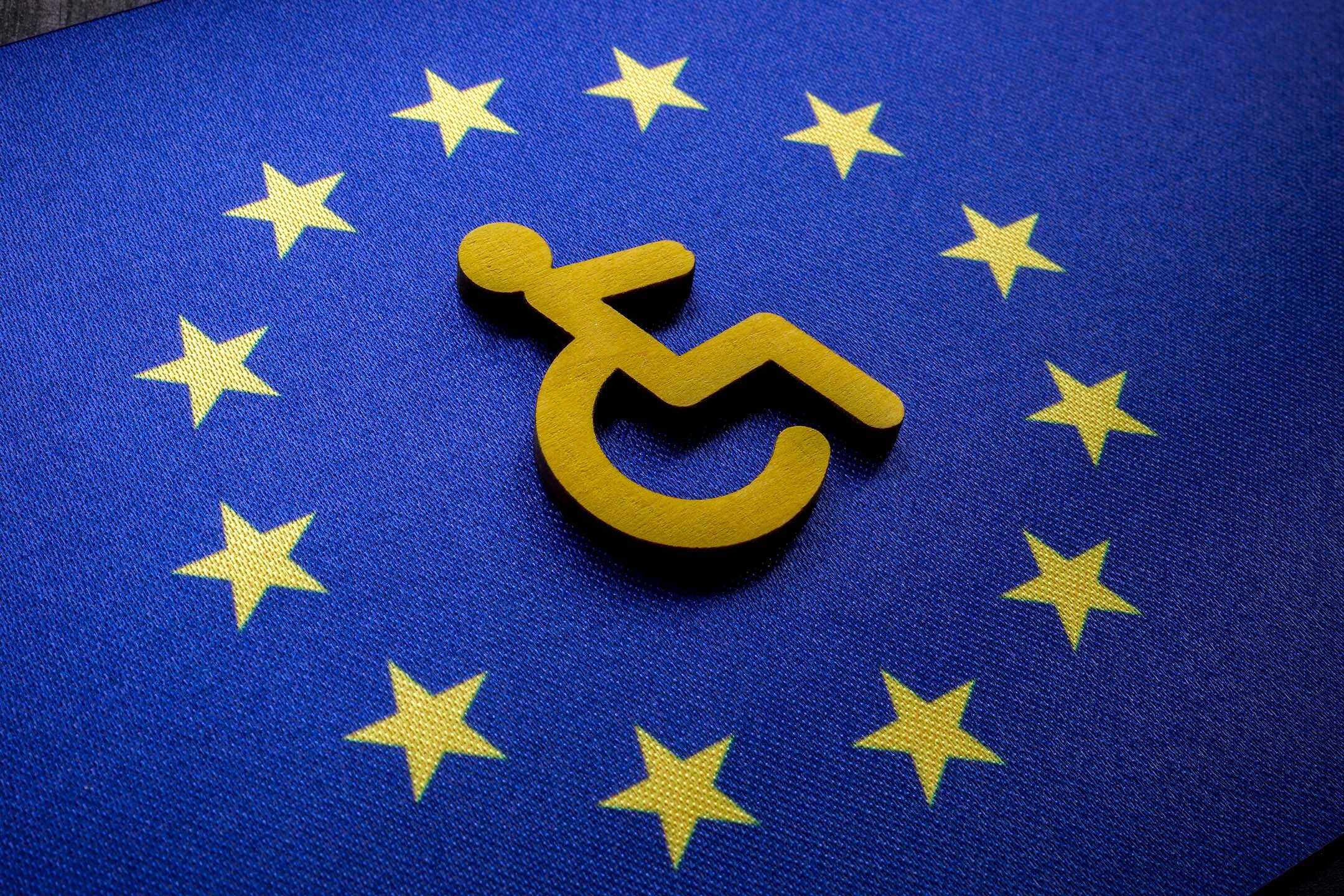In March 2024, Google launched a core algorithm update, significantly impacting SEO strategies worldwide. This update aims to enhance the quality of search results by prioritising user experience and relevant content. Google’s new focus is on removing low-quality websites, emphasising high-quality content, penalising errors and spam, addressing risks associated with AI-generated content, and stressing the need for regular site audits. These changes are designed to improve the overall search experience, ensuring that users find valuable and trustworthy information more easily.

1. Removal of Low-Quality Websites
Google’s March 2024 update targets low-quality websites, aiming to improve the overall quality of search results. Low-quality websites are typically characterised by thin content, duplicate material, outdated information, and pages stuffed with irrelevant keywords. Such sites often provide a poor user experience and fail to deliver valuable or original content.
Google is focusing on removing these websites to ensure that users find accurate, relevant, and engaging information more easily. By filtering out low-quality sites, Google aims to enhance user satisfaction and trust in its search engine, promoting a healthier web ecosystem.
Impact on Users
For webmasters and site administrators, this change means a more stringent evaluation of content quality. Websites that do not meet Google’s updated standards may experience significant drops in rankings or even removal from search results. This forces webmasters to prioritise high-quality content and user experience, ensuring their sites are valuable to visitors.
The potential benefits for high-quality sites are substantial. Websites that consistently provide valuable, well-researched, and engaging content are likely to see improved rankings and increased visibility. With less competition from low-quality sites, high-quality websites can attract more organic traffic and gain a stronger foothold in search results.
For users, this update means a better search experience. They are more likely to encounter websites that are informative, reliable, and relevant to their queries. This not only enhances user satisfaction but also builds trust in Google’s search engine as a reliable source of information.
In summary, the removal of low-quality websites as part of Google’s March 2024 update underscores the importance of content quality and user experience. Webmasters should focus on creating and maintaining high-quality content to stay competitive and leverage the potential benefits of improved search rankings and increased organic traffic.

2. Focus on High-Quality Content
Google’s March 2024 update emphasises the importance of high-quality content in search rankings. High-quality content is defined by Google as content that is original, well-researched, and provides significant value to users. It should be engaging, well-organised, and free of grammatical errors. Additionally, it should be tailored to meet the needs and intent of the user, providing clear and accurate information.
The update places a strong emphasis on user experience and engagement. This means that content must not only be informative but also easy to read and navigate. High-quality content should keep users engaged, encouraging them to spend more time on the site and interact with the content.
Impact on SEO & Ranking
High-quality content plays a crucial role in SEO and ranking. Google’s algorithms are designed to prioritise content that meets their quality standards. This means that sites with high-quality content are more likely to rank higher in search results. High-quality content signals to Google that the site is trustworthy and authoritative, which can lead to better visibility and increased traffic.
Engagement metrics such as time on page, engagement rate, and user interactions are also taken into account. When users find content engaging and spend more time on a site, it indicates to Google that the content is valuable, which can positively influence rankings.
Furthermore, high-quality content is more likely to attract backlinks from other reputable sites. These backlinks serve as endorsements of the content’s quality, further boosting the site’s authority and ranking.
In summary, the focus on high-quality content in Google’s March 2024 update underscores the need for websites to prioritise user experience and engagement. By creating original, valuable, and engaging content, websites can improve their search rankings and attract more organic traffic. This update highlights the importance of continuous content improvement and optimisation to meet Google’s evolving standards.
3. Penalties for Errors and Spam
Google’s March 2024 update introduces stricter penalties for websites containing errors and spammy tactics. Common errors include thin content, duplicate content, broken links, and poor grammar. Spam tactics often involve keyword stuffing, cloaking, and using low-quality backlinks. Google’s new mechanisms are designed to identify and penalise these issues more effectively, ensuring only high-quality, trustworthy content appears in search results.
Impact on Website Health
Penalties for these issues can have severe consequences on a website’s traffic and ranking. Sites penalised for errors and spam will see a significant drop in search engine rankings, reducing visibility and organic traffic. This decrease in traffic can lead to lower engagement and fewer conversions, ultimately impacting the site’s overall performance and revenue. Additionally, recovery from these penalties can be time-consuming and challenging, requiring a thorough review and correction of the issues.
Websites found hosting low-quality third-party material or engaging in spamming activities face penalties that may include deindexing, meaning they will be removed from search results altogether. This drastic measure underscores the importance of adhering to Google’s guidelines for content quality and SEO practices.
Adapting Strategies
To avoid these penalties, webmasters should proactively identify and fix errors. Regularly auditing content to ensure it is original, valuable, and free from grammatical mistakes is crucial. Utilising tools like Google Search Console can help identify issues such as broken links and duplicate content, allowing for timely corrections. Maintaining a spam-free website involves avoiding manipulative SEO tactics and focusing on building high-quality backlinks from reputable sources.
In summary, Google’s March 2024 update highlights the necessity of maintaining a high standard of content quality and ethical SEO practices. By addressing common errors and avoiding spammy tactics, websites can protect their rankings and ensure a healthy, sustainable online presence. Regular audits and continuous improvements are essential to stay compliant with Google’s evolving standards and to benefit from the positive impacts of high search visibility.

4. AI-Generated Content Risks
Google’s March 2024 update includes a significant focus on the quality of AI-generated content. While AI tools can produce large volumes of content quickly, Google is cracking down on low-quality AI-generated material. Google’s current stance is clear: AI-generated content that lacks depth, originality, or relevance is considered low quality and can negatively impact search rankings.
Risks Associated with Low-Quality AI Content
The main risks of low-quality AI-generated content include:
- Lack of Originality: AI tools often produce content that is repetitive or rehashed from existing sources. This can lead to duplicate content issues and penalties.
- Poor User Experience: AI content might be grammatically correct but often lacks the nuance and context that human writers provide, leading to a poor user experience.
- Irrelevance: AI-generated content might not fully address user intent, resulting in irrelevant information that fails to engage users.
- Increased Scrutiny: Google’s algorithms are becoming more adept at identifying AI-generated content, particularly low-quality pieces, which increases the risk of penalties.
Impact on Content Strategy
AI-generated content can harm rankings if it fails to meet Google’s quality standards. Websites relying heavily on AI for content creation may see a drop in their search rankings if the content is flagged as low quality. This shift underscores the importance of balancing AI tools with human oversight to ensure content remains valuable and relevant.
Adapting Strategies
To mitigate risks, it is essential to ensure AI-generated content adheres to high-quality standards:
- Review and Edit: Always have human editors review and edit AI-generated content. This helps in adding context, nuance, and ensuring the content meets quality standards.
- Originality Checks: Use plagiarism detection tools to ensure the content is original. Avoid content that is too similar to existing sources.
- Engagement Metrics: Monitor user engagement metrics such as time on page, bounce rate, and interaction rates. This data can help identify AI-generated content that fails to engage users.
A balanced approach to content creation involves integrating AI tools with human creativity and oversight:
- Human-AI Collaboration: Use AI to generate content ideas, outlines, or drafts, but rely on human writers to add depth, originality, and engagement.
- Focus on High-Value Content: Reserve AI-generated content for repetitive or data-driven tasks, while human writers focus on creating high-value, in-depth pieces that require expertise and insight.
- Continuous Improvement: Regularly update and refine AI-generated content based on user feedback and engagement metrics to maintain quality and relevance.

5. User Experience Optimisation
Google’s March 2024 update emphasises the necessity of regular website audits to maintain and improve site experience, quality and search rankings. Regular audits are crucial for identifying and rectifying issues that could negatively impact a website’s usability, performance and visibility. This update highlights that routine checks are essential for ensuring compliance with Google’s evolving guidelines and standards.
Importance of Regular Website Audits
Regular audits help in maintaining a website’s health and performance. They enable webmasters to catch and fix errors, update outdated content, and ensure that the site adheres to the latest SEO best practices. Consistent audits ensure that a website remains competitive and continues to provide a positive user experience.
What Audits Should Cover According to the New Update
Regular website audits are crucial to align with Google’s March 2024 update and maintain high search rankings. Audits help identify and rectify issues that could harm a site’s performance and visibility. The following areas are critical for ensuring your website meets the updated standards:
- Content Quality: Ensure that content is original, relevant, and valuable to users.
- SEO Compliance: Check for issues like broken links, duplicate content, and proper use of keywords.
- User Experience: Evaluate site speed, mobile-friendliness, and overall usability.
- Technical Health: Identify and fix technical issues such as crawl errors, security vulnerabilities, and server issues.
- Engagement Metrics: Monitor user engagement metrics to assess how visitors interact with the site.

Summarising Google’s Top 5 Changes in the March 2024 Update
In conclusion, the March 2024 Google update introduces significant changes aimed at improving search quality and user experience.
Enhanced Content Quality: Google has refined its algorithms to better identify and prioritise high-quality, original content. This adjustment emphasises the need for creating unique and valuable content that serves the user’s intent rather than simply aiming for SEO benefits.
Refined Content Relevance and Depth: The update calls for content that is not only relevant but also detailed and engaging. Using natural language and long-tail keywords can help align your content more closely with user queries, increasing its relevance and accessibility.
Stricter Spam Policies: With new policies targeting abusive practices such as scaled content generation and expired domain exploitation, Google is cracking down on manipulative SEO techniques. It’s crucial for site owners to focus on ethical SEO practices and ensure their content strategy aligns with these updated guidelines.
Greater Emphasis on E-E-A-T: The update places a stronger focus on Experience, Expertise, Authoritativeness, and Trustworthiness. Sites that demonstrate comprehensive expertise and credibility in their content are likely to fare better in search rankings. This underscores the importance of detailed, well-researched content backed by credible sources and clear authorship.
User Experience Optimisation: Google continues to reward websites that offer excellent user experiences. This includes optimised mobile responsiveness, faster load times, and intuitive site navigation. Improving these aspects of your website can enhance your site’s performance under the new algorithm standards.
Adapting to these changes is essential for any digital strategy. By focusing on quality content, ethical SEO practices, and a superior user experience, you can enhance your site’s alignment with Google’s evolving search landscape and improve your chances of achieving and maintaining high search rankings.
Is your website prepared for Google’s latest update? Reach out today to discover how our services can help you stay compliant and maintain your search rankings.




